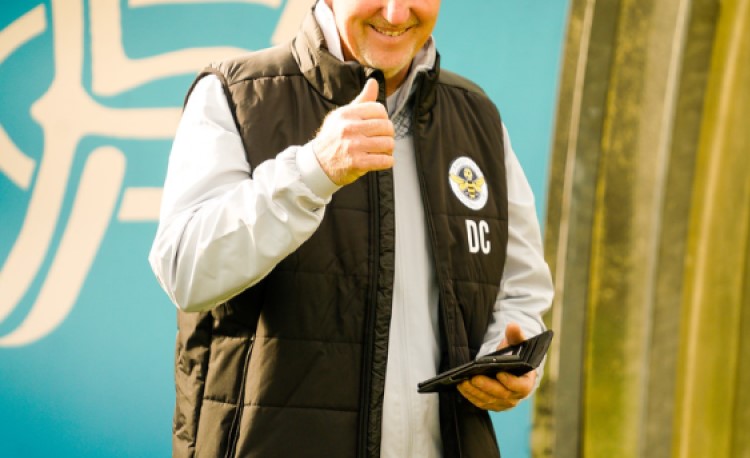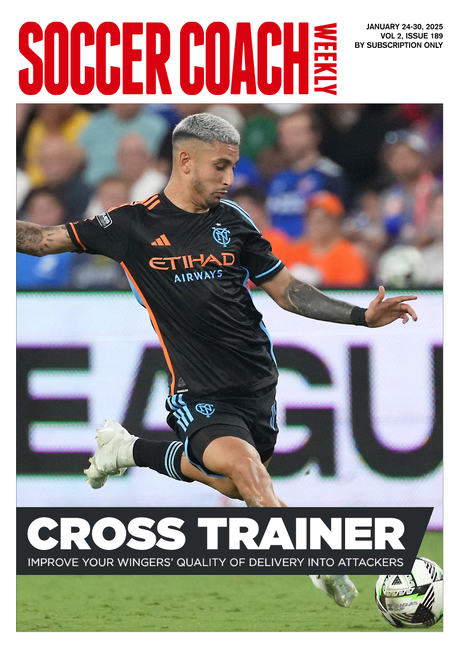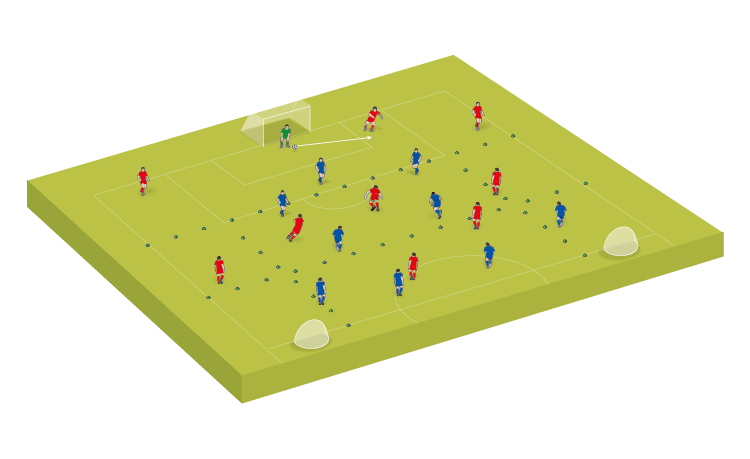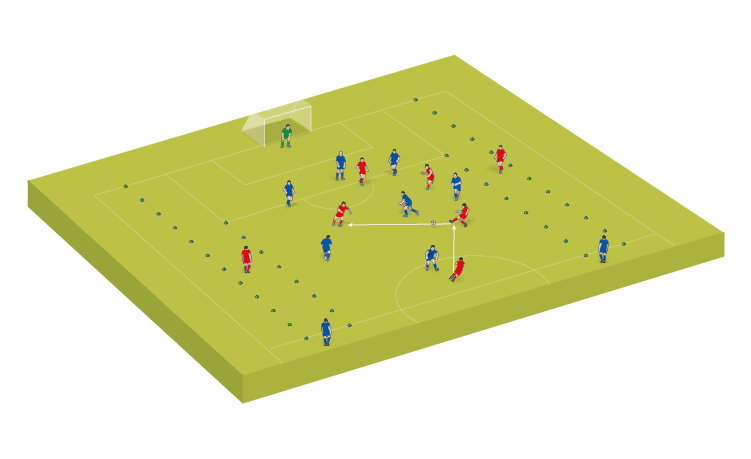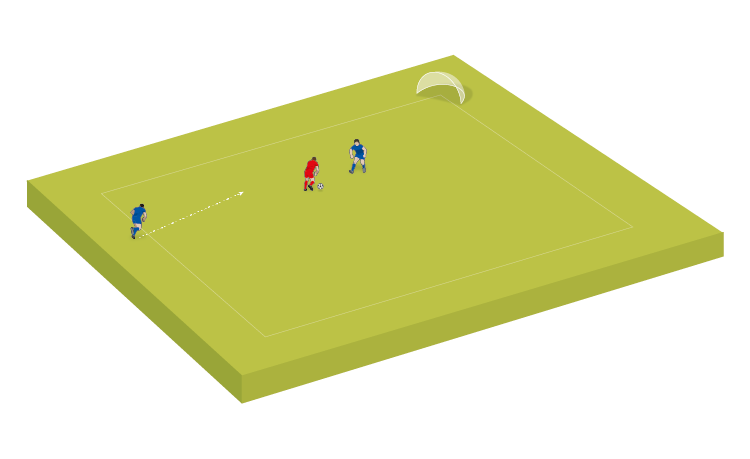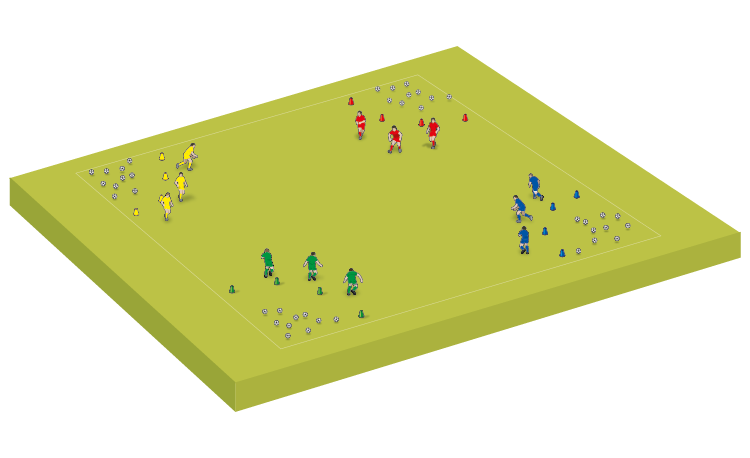What attributes should a good coach possess?
Athens United coach Ranji Ragbeer talks leadership, values and dress code.
The first thing a coach has to bring is leadership - they have to recognise they are leading the team, and leading the player.
Different players require different relationships – you might be able to use a command style with one, but you may have to be more nurturing with another.
Coaches also have to be students of the game. They have to understand that coaching games and practices require a depth of knowledge which is bottomless - it just never ends.
The game will never stop changing. I looked in a book the other day and had to do a double take, because it showed a 2-3-5 formation, from 1953 I believe. It could have been older; it could have been from the 1940s.
It was two defenders and five attackers – that’s how the game was played 60 to 70 years ago. You would never think of that today, so coaches have to be students of the game and have to adapt.
A third factor is that, no matter where you coach – even if you’re a professional – you are community ambassadors.
A coach is not just someone who focuses on his or her own group of 18 or 24. They have to recognise that they are a member of a community, even if they are coaching six, seven and eight-year-olds.
You are trying to cultivate and leverage football to create better citizens, by having some core values, which you can develop yourself.
For example, with my club, we’re focused on work ethic, positive attitude, and respect as the core values we try to instil in the kids.
"Look the part, be a role model, act professionally. It makes a difference..."
Then, when they leave football – because 99% of them will – they can take those values into whatever they do, whether they are a plumber, doctor, engineer or astronaut.
I think having a core value system is something that is really important to develop, and that coaches should do it as part of an organisation that recognises the coach is a community ambassador.
The last piece is to be serious about mentorship. Whether you’re mentoring younger coaches, or whether you’re mentoring players, it makes no difference - that leadership role requires that you take it seriously.
It’s not good enough, in my opinion, to go to the field, do a bang-up job of tactics and technical training, and then walk away.
I would say that the percentage of people who have forgotten who their coaches were is in the miniscule numbers – probably less than 1%, if you were to canvass the entire globe of those who played the game.
You may not remember who your teachers were, but you will remember your coach. Coaches have a very special place and we have to take that seriously.
You have got to be a role model and be professional - wear your club kit and look the part. Just because your club is small, or doesn’t have a whole bunch of kids in it or never wins trophies, it makes no difference.
Look the part, be a role model, act professionally in your appearance and in the way in which you relate to the kids and to the people around you.
That goes for any level of coach - I don’t care if you’re coaching three-year-olds. Be professional, it makes a difference.
Related Files
Newsletter Sign Up
Coaches Testimonials

Gerald Kearney, Downtown Las Vegas Soccer Club

Paul Butler, Florida, USA

Rick Shields, Springboro, USA

Tony Green, Pierrefonds Titans, Quebec, Canada
Subscribe Today
Discover the simple way to become a more effective, more successful soccer coach
In a recent survey 89% of subscribers said Soccer Coach Weekly makes them more confident, 91% said Soccer Coach Weekly makes them a more effective coach and 93% said Soccer Coach Weekly makes them more inspired.
*includes 3 coaching manuals
Get Weekly Inspiration
All the latest techniques and approaches
Soccer Coach Weekly offers proven and easy to use soccer drills, coaching sessions, practice plans, small-sided games, warm-ups, training tips and advice.
We've been at the cutting edge of soccer coaching since we launched in 2007, creating resources for the grassroots youth coach, following best practice from around the world and insights from the professional game.
